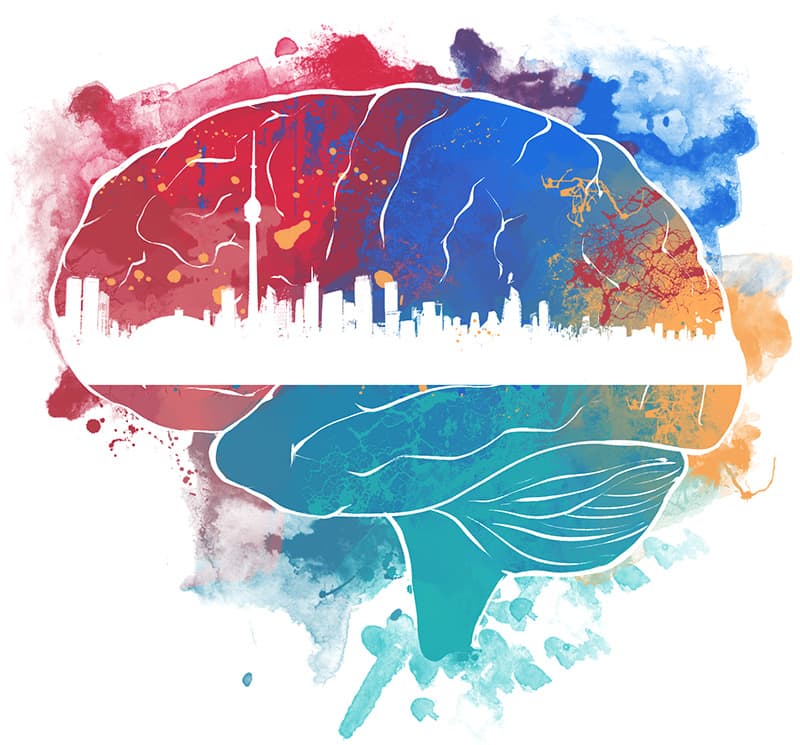| 08:00 – 09:00 |
Registration & Breakfast |
| 09:00 – 09:15 |
Plenary Session:
Opening Remarks |
| 09:15 – 10:05 |
Plenary Session:
When it’s Not Migraine – William Kingston
Learning Objectives →
- Identify clinical features that may suggest a non-migraine primary headache disorder
- Describe trigeminal autonomic cephalalgias and symptoms to watch out for
- List other less common primary headache disorders and their basic treatment options
*Optional In-Person Workshops (Timeslot A):
- Workshop 1:
Motor Exam Workshop
- Workshop 2:
Parkinsonism Workshop
|
| 10:05 – 10:15 |
Break / Travel Time |
| 10:15 – 11:05 |
Plenary Session:
Hyperkinetic Movement Disorders – Elizabeth Slow
Learning Objectives →
- Differentiate between hyperkinetic movement disorders including tremor, tics, dystonia, chorea, and myoclonus
- List the common causes of different hyperkinetic movement disorders
- Describe the treatment of different hyperkinetic movement disorders
*Optional In-person Workshops (Timeslot B):
- Workshop 1:
Motor Exam Workshop
- Workshop 2:
Parkinsonism Workshop
|
| 11:05 – 11:15 |
Break / Travel |
| 11:15 – 12:05 |
Plenary Session:
Concussion – Carmela Tartaglia
Learning Objectives →
- Identify the signs and symptoms of concussion and persisting symptoms of concussion
- Explain the risks of delayed effects of concussion
- Describe the treatment of concussion spectrum disorders
*Optional In-person Workshops (Timeslot C):
- Workshop 1:
Motor Exam Workshop
- Workshop 2:
Parkinsonism Workshop
|
| 12:05 – 13:00 |
Lunch / Exhibits |
| 13:00 – 13:50 |
Plenary Session:
Approach to the Investigation and Management of TIA/Stroke – Stephanie Reiter
Learning Objectives →
- Develop an approach to the initial diagnostic evaluation of TIA/stroke and when to consider additional testing
- Cite the latest evidence regarding antithrombotic selection for patients with TIA/stroke including indications for dual antiplatelet therapy and anticoagulation
- Recognize clinical factors that influence the development of individualized stroke prevention plans
*Optional In-person Workshops (Timeslot D):
- Workshop 1:
Motor Exam Workshop
- Workshop 2:
Parkinsonism Workshop
|
| 13:50 – 14:00 |
Break / Travel Time |
| 14:00 – 14:50 |
Plenary Session:
Approach to Common Neuromuscular Complaints – Jeremy Zung
Learning Objectives →
- Diagnose and counsel patients with peripheral neuropathy or radiculopathy
- Describe the indications for and limitations of EMG/NCS
- Manage rapidly progressive neuromuscular weakness
*Optional In-person Workshops (Timeslot E):
- Workshop 1:
Motor Exam Workshop
- Workshop 2:
Parkinsonism Workshop
|
| 14:50 – 15:00 |
Break / Travel Time |
| 15:00 – 15:50 |
Plenary Session:
Demyelinating Disorders/Autoimmune Neurology – Alexandra Muccilli
Learning Objectives →
- List the typical clinical presentations of multiple sclerosis relapses and the diagnostic criteria
- Assess symptoms of a pseudo-relapse and management approaches
- Describe the radiologically isolated syndrome
- Explain the overall approach to long-term treatment and management of an MS relapse
*Optional In-person Workshops (Timeslot F):
- Workshop 1:
Motor Exam Workshop
- Workshop 2:
Parkinsonism Workshop
|
| 15:50 – 16:00 |
Plenary Room:
Closing Remarks |

